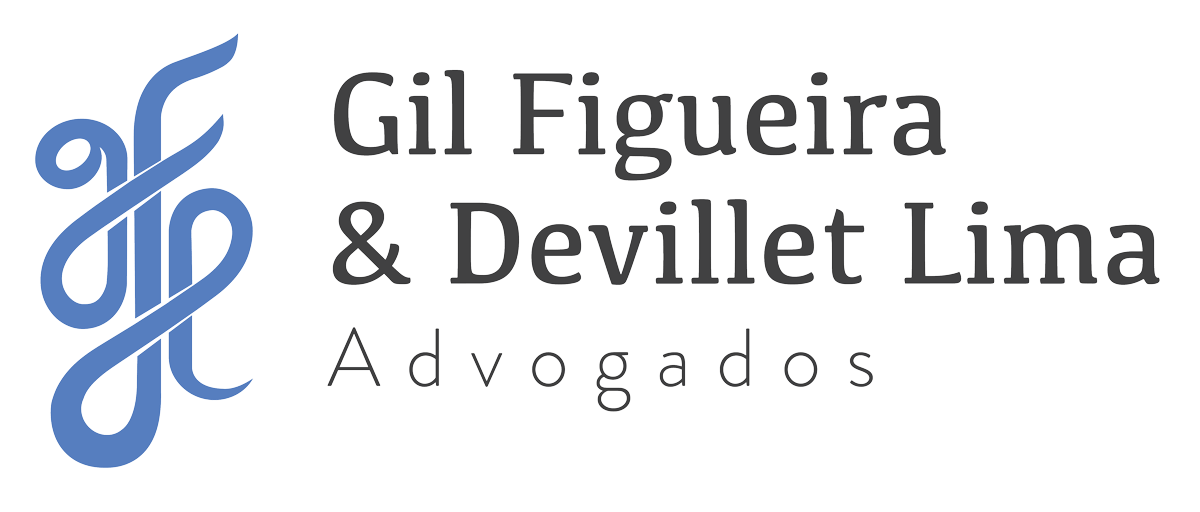Portuguese Patent Box Regime
Tax exemptions for industrial property
Overview
The Portuguese Patent Box regime allows for tax exemptions on income derived from intellectual property. It is a key feature of the Portuguese tax system to promote competitiveness in the tech arena.
The Patent Box regime is attractive to high tech and life sciences corporate entities and groups, particularly where such entities can manage the complexities of applying the regime.
To be eligible for the Patent Box, a company must fulfill certain qualifying criteria.
The regime
The Patent Box Regime provides an exemption on 50% of gross income derived from the sale or temporary licensing of industrial property rights such as industrial drawings, models or patents.
The tax benefit is limited by a ratio considering eligible expenses and total expenses in developing or using IP protected assets. A 30% mark-up of the eligible expenses is available but is capped at the amount of the total expenses incurred with the development of those assets.
Clear and proper accounting segregating between types of income and expenses is required to differentiate between eligible and non-eligible income and expenses.
The regime is applicable to income derived from industrial property rights developed internally. The exemption also applies to indemnities derived from claims against the infringement of those IP rights.
In 2016 the regime was amended and now closely follows OECD’s BEPS Action 5 “modified nexus” approach.
Transactions with associated enterprises, including entities resident in black-listed jurisdictions, are not eligible. Costs and expenses that are not directly connected with R&D are excluded from this assessment, such as interest or real estate depreciation.
The regime will be in force until 30 June 2021.
In relation to VAT, normal rates apply (23%) and reduced rate (6%) is limited to medical devices.
Know more about our Intellectual Property and Tax practices.
Disclaimer
The information above is a simple overview of the implications and benefits. Such information is not to be used in place of proper and complete professional advice, as it does not constitute a binding legal opinion nor does it not consider the particularities of your case.




